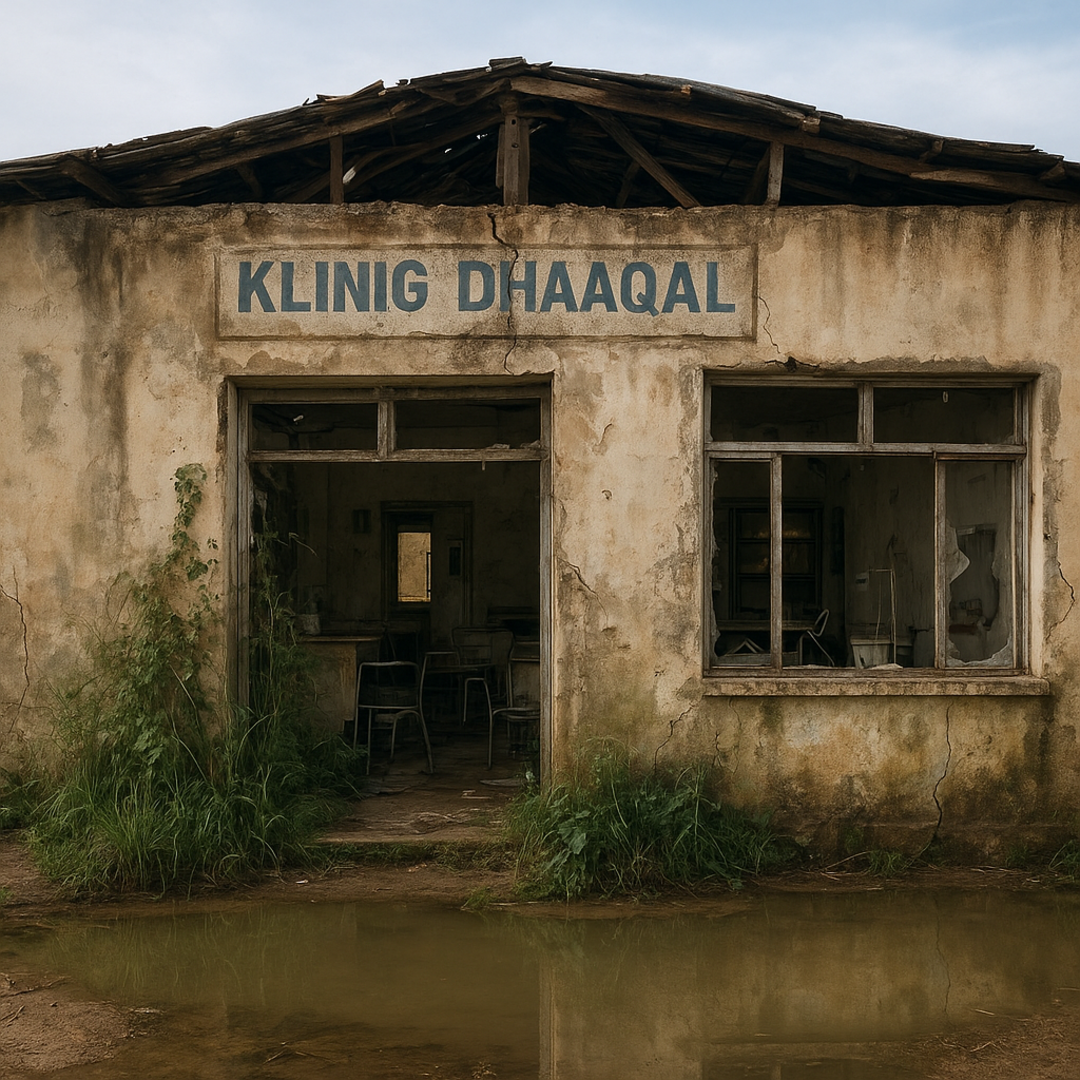Calls for increase in transboundary cooperation between Somalia and other nations in the Horn of Africa have been on the rise in recent days.
According to experts, this form of cooperation is crucial for addressing the region’s complex challenges, including climate change, resource management, and security.
Given the region’s shared ecosystems and cross-border resources like rivers, forests, and wildlife, collaborative efforts are essential for resilience and sustainable development.
Key Areas of Focus
Water Resource Management
Rivers like the Nile, Juba, and Shabelle are vital for agriculture, drinking water, and energy. Joint management agreements and infrastructure projects can help prevent conflicts and ensure equitable resource sharing.
Climate Change Adaptation
The Horn of Africa is highly vulnerable to climate change, with frequent droughts, floods, and desertification. Cross-border initiatives in early warning systems, sustainable agriculture, and reforestation can enhance resilience.
Security Cooperation
The region faces significant security challenges, including terrorism, human trafficking, and piracy. Coordinated efforts among nations can improve border security and combat transnational threats.
Trade and Economic Integration
Enhancing cross-border trade and infrastructure connectivity can boost economic growth and create jobs. Regional bodies like IGAD (Intergovernmental Authority on Development) play a crucial role in facilitating this cooperation.
Biodiversity Conservation
The Horn of Africa is home to unique biodiversity. Collaborative conservation efforts, such as transboundary protected areas, can help preserve ecosystems and support livelihoods dependent on natural resources.
Benefits of Transboundary Cooperation
Peace and Stability
Shared management of resources and collective security efforts can reduce tensions and foster peace.
Sustainable Development
Joint initiatives can lead to more efficient use of resources and promote sustainable economic growth.
Resilience Building
By working together, countries can better withstand and recover from environmental and socio-economic shocks.
Challenges of Transboundary Cooperation
Political Tensions
Historical disputes and differing national interests can hinder cooperation.
Resource Conflicts
Competing demands for shared resources like water can lead to conflicts.
Institutional Capacity
Weak governance structures and limited capacity can impede effective collaboration.
Conclusion
For the Horn of Africa to achieve long-term resilience and stability, transboundary cooperation is essential.
By addressing shared challenges through joint action, the region can unlock its full potential and ensure a more secure and prosperous future for all its inhabitants.
Regional and international partners, including the African Union and the United Nations, must support and facilitate these cooperative efforts.





